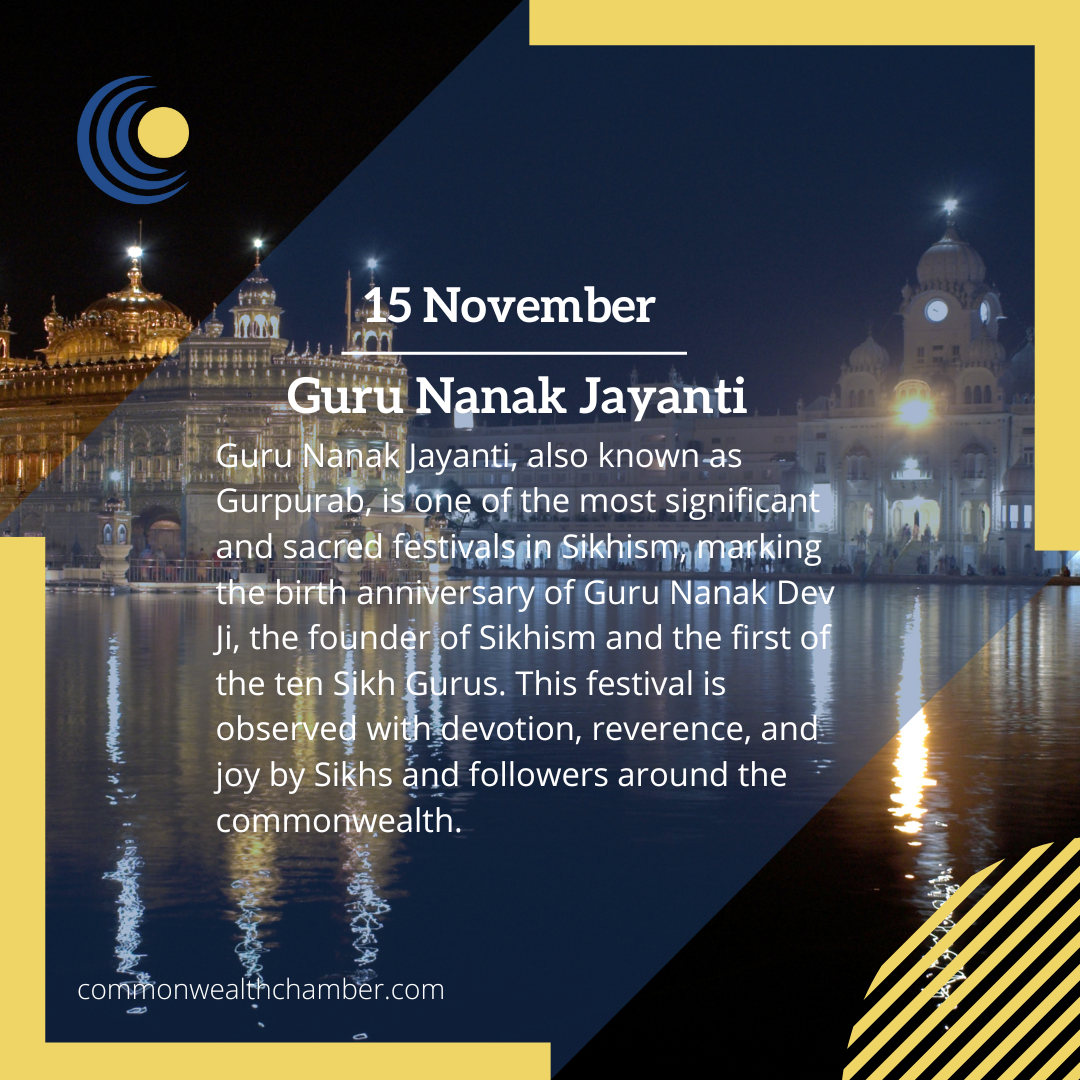Guru Nanak, born in 1469 in Rai-Bhoi-di Talwandi, espoused teachings centred on equality, love, humility, and service to others. He advocated for a spiritual path predicated on the unity of humanity and devotion to a singular, universal Creator. His message emphasized compassion, diligence, and an altruistic approach to life, which subsequently formed the foundation of Sikh beliefs and values.
The birth anniversary of Guru Nanak is commemorated with vibrant celebrations in Sikh places of worship, known as Gurdwaras, and within communities. The festivities typically commence with Akhand Path, a continuous 48-hour recitation of the Guru Granth Sahib, the sacred scripture of Sikhism. On the eve of the festival, processions called Nagar Kirtans are organised, wherein devotees sing hymns and display Sikh symbols, often accompanied by a demonstration of martial arts known as Gatka.
On the day of the festival, adherents congregate in Gurdwaras to sing hymns and participate in Katha (discourses) and Kirtan (devotional songs) that reflect the teachings of Guru Nanak. Langar, a community kitchen where meals are provided to all without distinction of caste, creed, or status, is organized as a testament to Guru Nanak’s principles of equality and selfless service.
